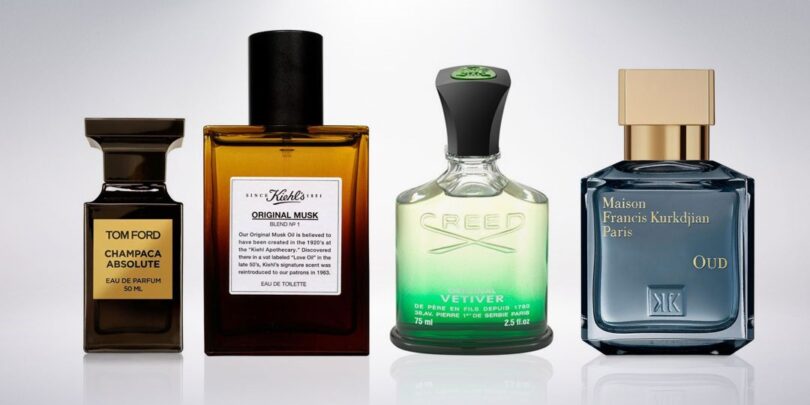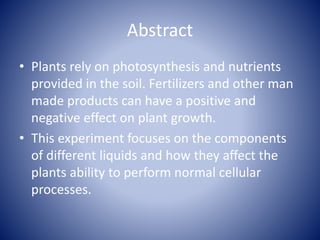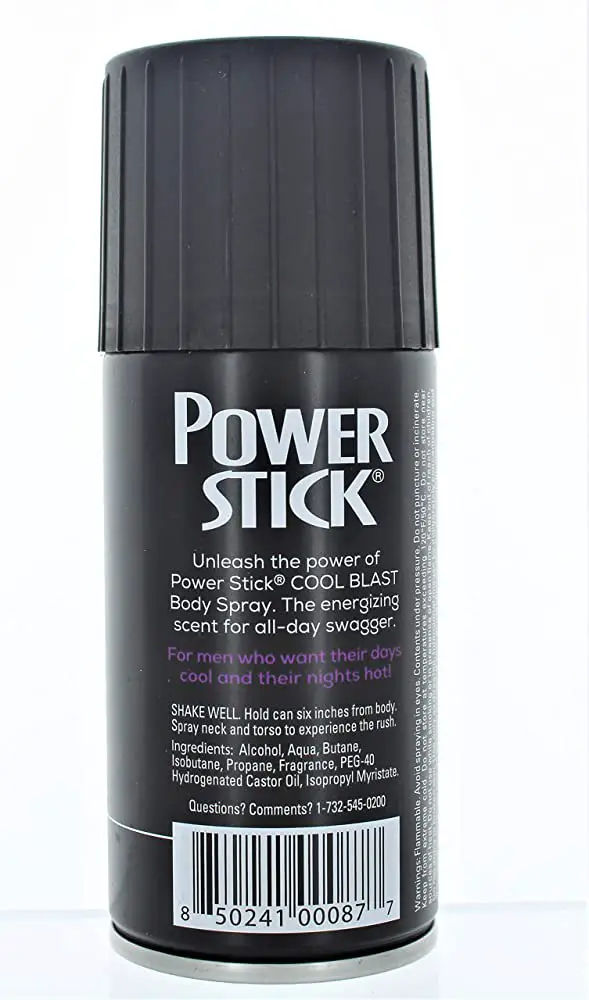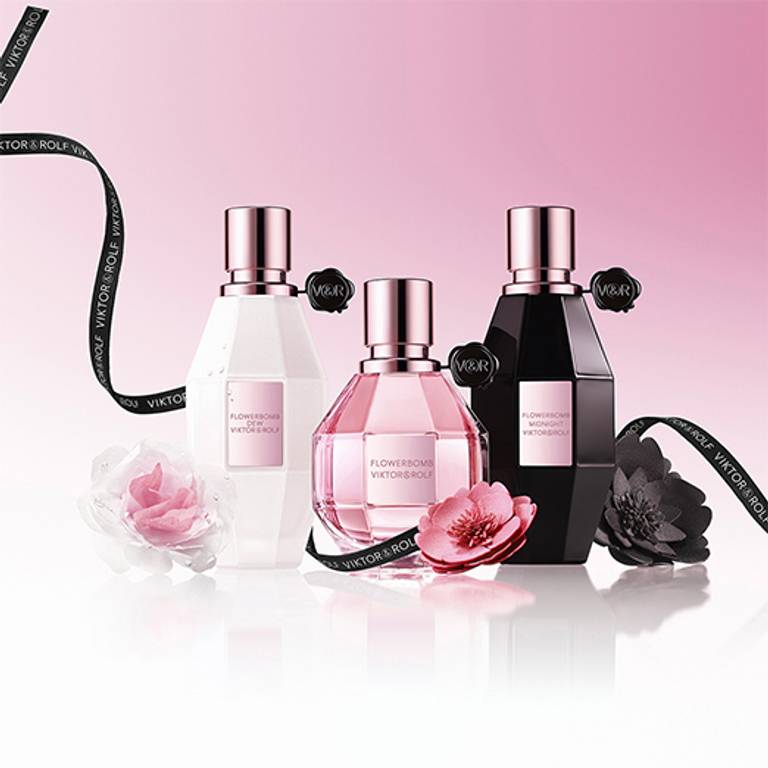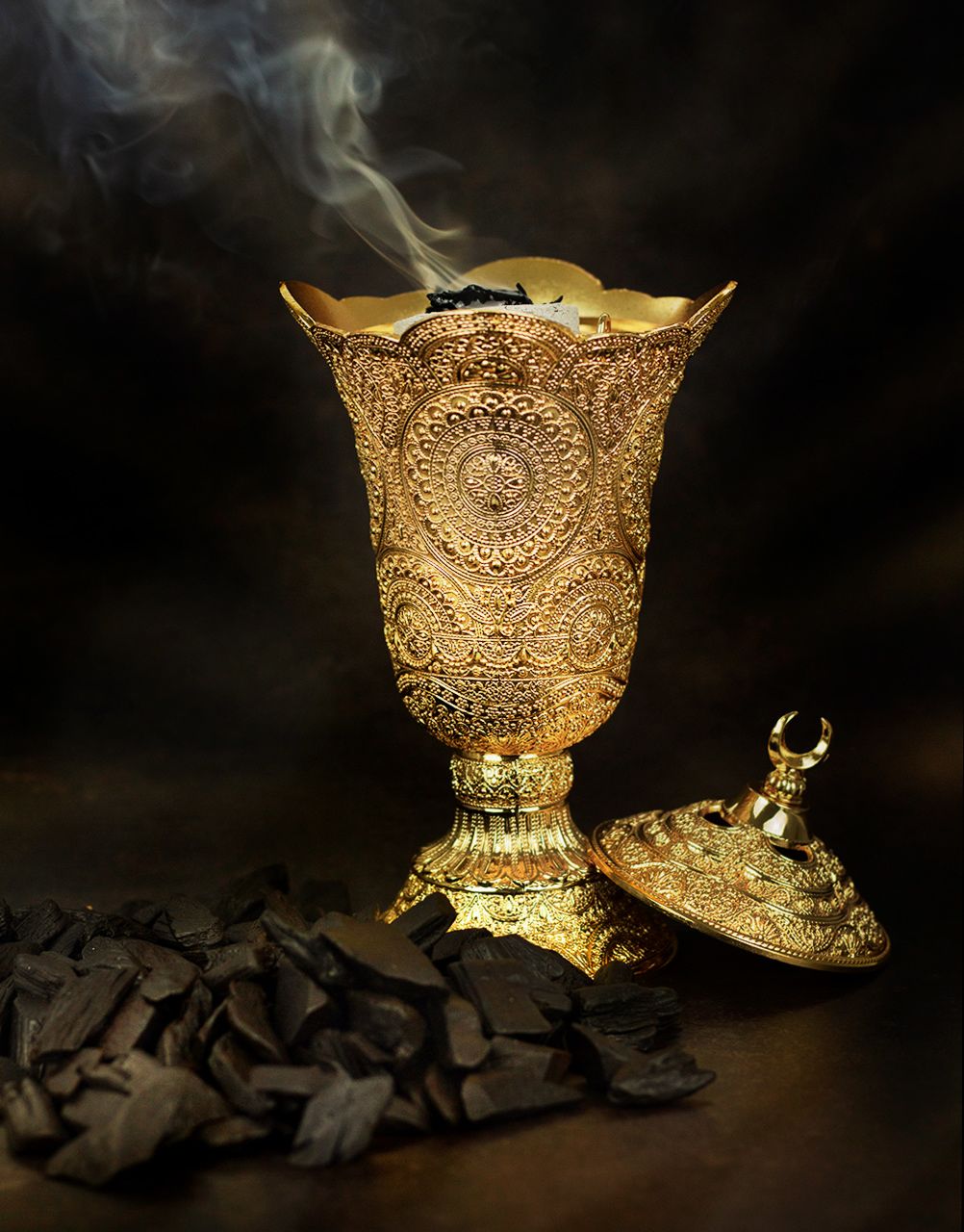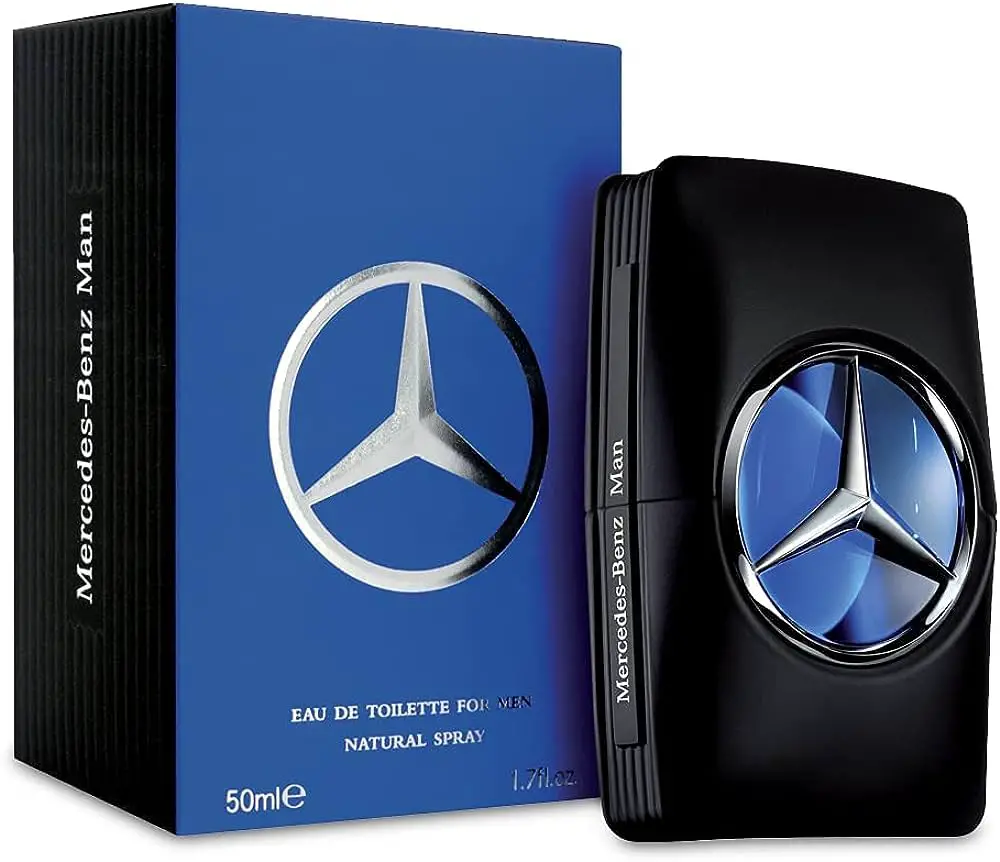Cologne is made of a combination of essential oils, alcohol, and water. Cologne is composed of essential oils, alcohol, and water, creating a fragrant product that is applied to the skin.
It is a popular choice for individuals seeking a pleasant scent that lingers throughout the day. The essential oils used in cologne are derived from various plants, flowers, or fruits, each offering a distinct aroma. These oils are then blended with alcohol, which acts as a carrier for the fragrance.
Additionally, water is added to dilute the concentration of the oils and create a balanced formula. The end result is a liquid fragrance that is sprayed or dabbed onto the body, providing a refreshing and appealing scent. Understanding the composition of cologne can enhance appreciation for the artistry and craftsmanship involved in creating these captivating fragrances.
The Ingredients Of Cologne
Cologne is made of essential oils, aromatic compounds, an alcohol base, and diluting agents. Essential oils are key ingredients in cologne, providing the distinct scents. Aromatic compounds add depth and complexity to the fragrance. The alcohol base is used to dissolve the essential oils and ensure even distribution.
The diluting agents help to reduce the potency of the fragrance and make it suitable for everyday use. These ingredients work together to create a harmonious and balanced cologne. The choice and combination of these ingredients are crucial in determining the final fragrance profile of the cologne.
So, the next time you spray on cologne, remember the various elements that come together to create that captivating scent.
A Closer Look At Essential Oils
Cologne is typically made up of essential oils extracted from various sources. Essential oils are highly concentrated plant extracts that carry the distinctive scents of different plants. Citrus oils, such as lemon and orange, provide a refreshing and energizing aroma to cologne.
Floral oils, like rose or lavender, add a delicate and feminine touch to the fragrance. Woody oils, such as sandalwood or cedar, bring a warm and earthy scent. Herbal oils, such as mint or eucalyptus, provide a fresh and invigorating aroma.
Spicy oils, like cinnamon or clove, add a hint of warmth and depth to the cologne. These essential oils are carefully combined to create unique fragrance profiles that cater to different preferences and evoke various emotions. So, the next time you enjoy the delightful scent of cologne, remember the natural origins of its mesmerizing aroma.
Understanding Aromatic Compounds
Cologne is made of various aromatic compounds like aldehydes, esters, alcohols, and terpenes. These compounds give cologne its distinctive scent. Aldehydes contribute a fruity or floral fragrance, while esters provide a sweet or fruity aroma. Alcohols add a fresh and clean scent, while terpenes give cologne a woody or earthy smell.
Together, these aromatic compounds create a unique fragrance that can be personalized based on the proportions used. Understanding the different components of cologne helps in choosing the right scent that suits individual preferences. Whether it’s a citrusy, floral, or musky fragrance, knowing what cologne is made of allows you to make informed choices and enjoy the perfect scent that complements your personality.
The Role Of Alcohol Base
Cologne is primarily made of an alcohol base, with ethanol playing a crucial role. Ethanol acts as a solvent, enhancing the fragrance. It has remarkable solvent properties, allowing it to dissolve various aromatic compounds. This plays a vital role in maintaining the integrity and potency of the scent.
The alcohol base also helps in the even distribution of the fragrance when applied to the skin. Ethanol acts as a carrier, ensuring that the fragrance lingers for a longer duration. Moreover, it evaporates rapidly, releasing the scent into the air, and creating a pleasant and appealing aroma.
The use of ethanol as the alcohol base in cologne is essential for its overall performance and effectiveness in providing a long-lasting and captivating fragrance experience.
Diluting Agents In Cologne
Cologne is made of various diluting agents, such as water, glycerin, and propylene glycol. These substances serve to dilute the concentrated fragrances and essential oils present in cologne. Water is the most common diluting agent used in colognes, as it helps to disperse the scents and make them more wearable.
Glycerin is another commonly used ingredient, which not only dilutes the fragrance but also helps to moisturize the skin. Propylene glycol is also used as a diluting agent and helps to enhance the longevity of the fragrance on the skin.
These diluting agents play a crucial role in creating a well-balanced and wearable cologne that can be enjoyed by individuals of all preferences. Whether you prefer a light and refreshing scent or a more intense fragrance, the diluting agents in cologne contribute to the overall composition and performance of the product.
So, next time you spritz on your favourite cologne, remember the ingredients that make it possible for you to smell great all day long.
Extraction Of Essential Oils
Cologne is a fragrance made from a combination of ingredients, but the main component is essential oils. There are various methods for extracting these oils. One common method is steam distillation, where steam is used to separate the oils from the plant material.
Another technique is cold-pressing, which involves mechanical pressure to extract the oils. Lastly, some essential oils are obtained through extraction by solvents, where solvents are used to dissolve the oils from the plant. These methods ensure that the purest form of essential oils is obtained, preserving their fragrance and properties.
So, the next time you use cologne, remember that it is made from essential oils extracted through various methods to give you a delightful scent experience.
Blending The Ingredients
Cologne is crafted by blending various ingredients, creating a unique perfumer’s formula. Fragrances are composed in a special way, following the fragrance pyramid. This pyramid consists of top, middle, and base notes, each playing a distinct role in the overall scent.
The top notes are the initial impression of the fragrance, quickly evaporating and giving way to the middle notes. These middle notes form the heart of the fragrance, providing depth and complexity. Finally, the base notes are the foundation of the scent, lingering the longest on the skin.
By carefully selecting and combining these ingredients, perfumers can achieve the desired aroma, catering to different preferences and moods. Understanding the composition of cologne helps us appreciate the artistry involved in its creation.
Aging And Maturation
Cologne is made by blending various ingredients like essential oils, herbs, fruits, and spices. Aging and maturation play a vital role in the final product. The aging process allows the various components to meld together, resulting in a more complex and harmonious scent.
During this time, the fragrance undergoes subtle changes as it matures, developing depth and richness. The importance of aging in cologne cannot be overstated, as it enhances the overall quality and longevity of the scent. After aging, the cologne is carefully blended for the perfect composition, ensuring that each note is balanced and well-rounded.
Once the blending is complete, the cologne is then bottled and stored in a controlled environment, allowing the fragrance to settle and mature further. This meticulous process ensures that the cologne reaches its full potential, delivering a captivating and enduring scent experience.
Consider Your Personal Preference
Cologne is made up of various ingredients that cater to individual preferences. Understanding fragrance families is crucial in making a selection. There are different fragrance families such as floral, oriental, woody, and fresh. Each family has its unique combination of scents, allowing you to choose one that matches your taste.
Additionally, within each family, there are subcategories called accords that further define the scent. Popular accords include citrus, fruity, spicy, and musky. The combination of fragrance families and accords creates a wide range of colognes to suit different preferences. Consider your personal preference when selecting a cologne, whether you prefer a floral and fresh scent or a warm and woody fragrance.
Experimenting and discovering your favorite cologne is a personal journey that adds a distinct touch to your style and aura.
Understanding The Fragrance Concentration
Cologne is a popular fragrance, but do you know what it’s made of? Understanding fragrance concentration is key. The term “Eau de Cologne” refers to a type of perfume with the lowest concentration of fragrance oils. It typically contains 2-5% perfume oil, making it light and refreshing.
“Eau de Toilette” is slightly stronger, with a fragrance oil concentration of around 5-15%. It lasts longer than Cologne but is still relatively light. On the other hand, “Eau de Parfum” has a higher concentration of fragrance oils, usually between 15-20%.
This makes it more intense and longer-lasting. Each type of fragrance concentration has its own unique characteristics and uses. Whether you prefer a subtle scent or a more potent one, knowing the difference can help you choose the perfect cologne for your needs.
Trying Before Buying
Cologne is made of a mixture of essential oils, water, alcohol, and other fragrant compounds. Before purchasing a cologne, it is important to try it out on your skin. This allows you to experience how the scent interacts with your natural body chemistry.
Testing different scents can help you find the one that suits you best. Additionally, seeking recommendations from others who have similar preferences can provide valuable insights. By trying before buying and exploring a variety of options, you can ensure that the cologne you choose reflects your unique personality and style.
So, take the time to test and experiment before making a final decision.

Credit: www.askmen.com
Frequently Asked Questions
What Is Cologne Made Out Of?
Cologne is made from a mixture of essential oils, alcohol, and water.
What Ingredients Are In Men’s Cologne?
Men’s cologne typically consists of various ingredients like essential oils, alcohol, water, fragrance compounds, and sometimes natural extracts.
What Makes Cologne Scent?
Cologne scent is created using a combination of essential oils, aromatic compounds, and alcohol.
Is Cologne Basically Perfume?
Yes, cologne is essentially a type of perfume. It’s a fragrant product that both men and women wear.
Conclusion
Understanding what cologne is made of can help you make informed choices when it comes to selecting the perfect fragrance. The composition of cologne consists of a mixture of essential oils, aroma compounds, solvents, and fixatives. These ingredients work together to create a unique scent that can be both refreshing and long-lasting.
It is important to note that the specific ingredients used can vary from brand to brand and can even differ between individual fragrances. By exploring the ingredients of cologne, you can gain a deeper appreciation for the craftsmanship and artistry that goes into creating these scents.
Whether you prefer citrusy notes, floral undertones, or woody essences, understanding the ingredients in cologne can help you find your signature scent and enhance your everyday life. So, next time you spray on that cologne, you can do so with the knowledge of what makes it truly special.

